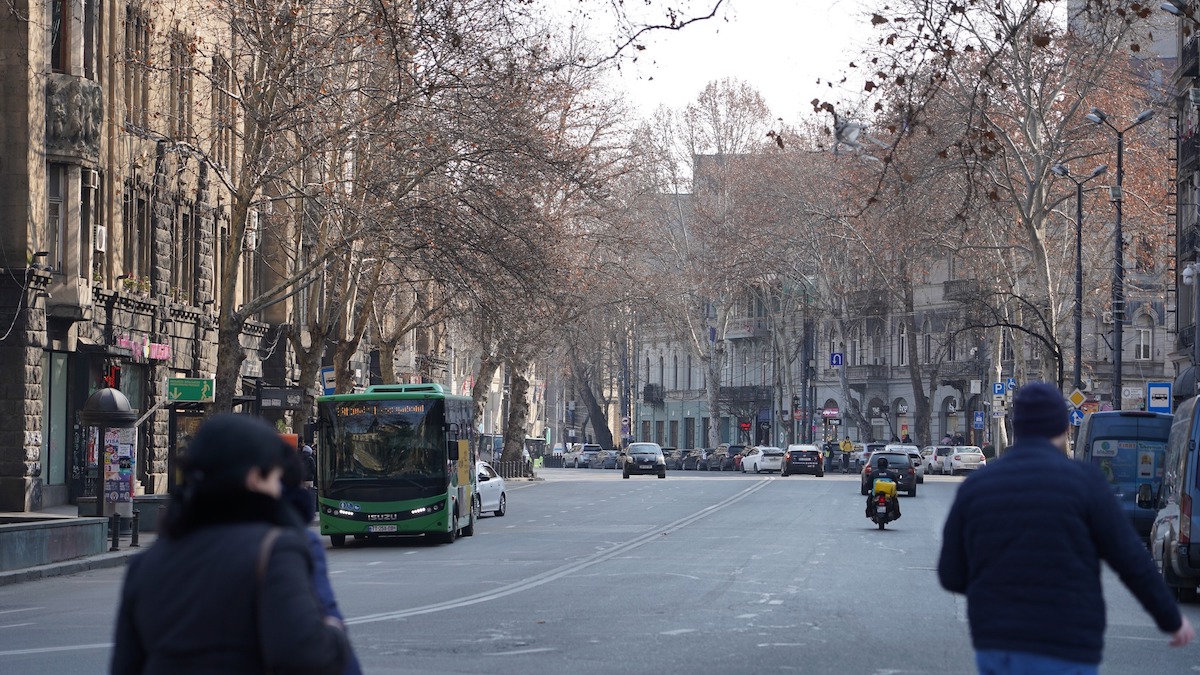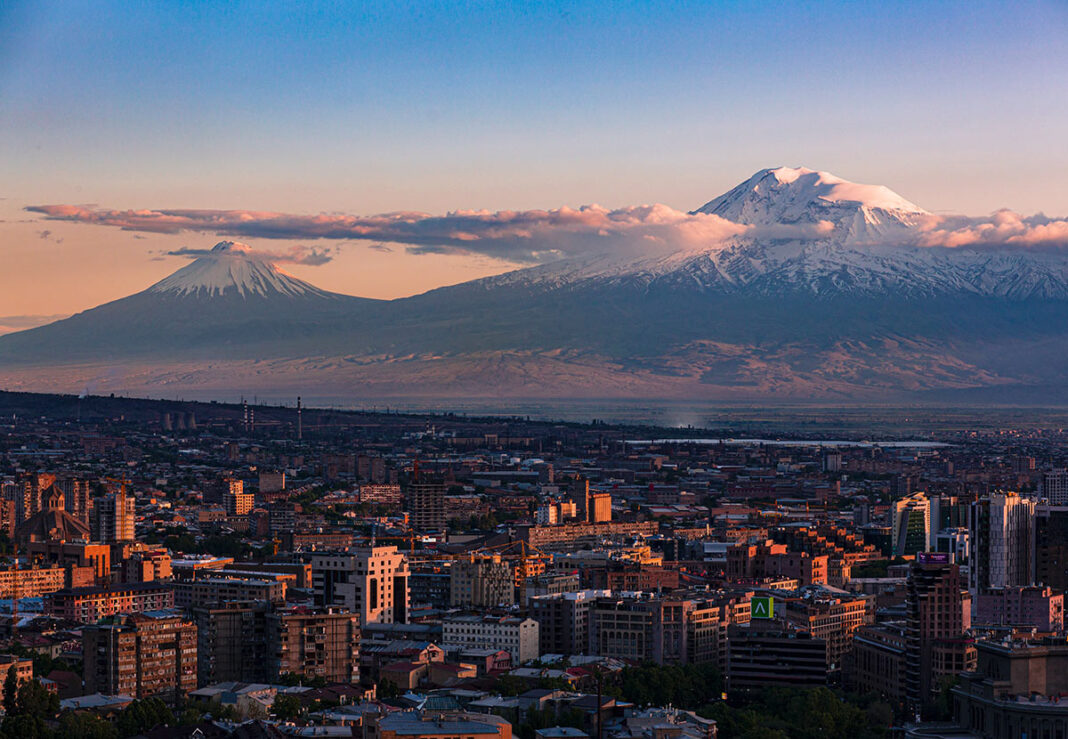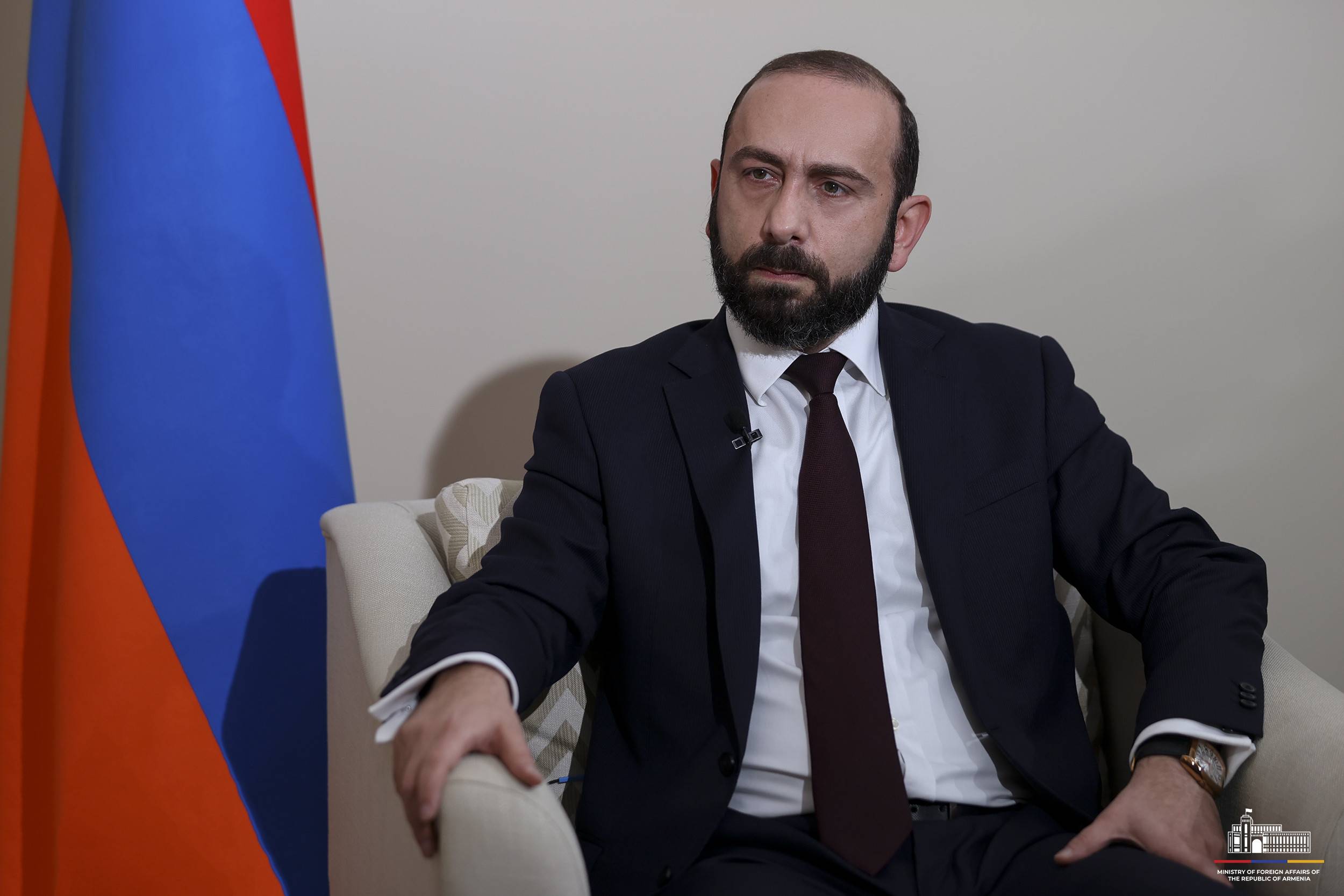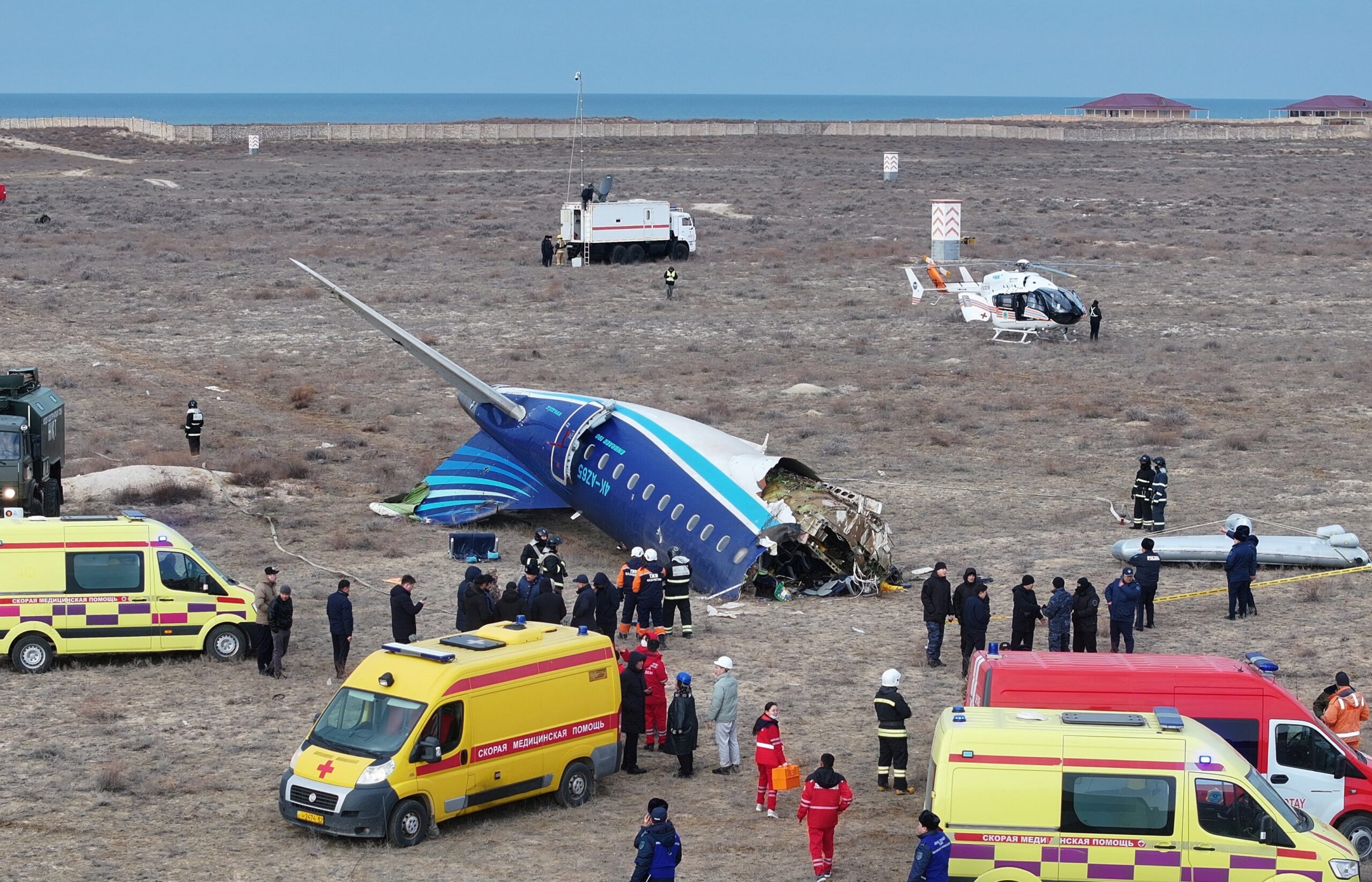How realistic is the Georgian gov’t economic stimulus program?
On March 13, the Georgian government presented a plan to save the economy. Its main focus is aimed at protecting the tourism sector. At the request of JAMnews, Beso Namchavadze, an economist from the NGO International Transparency of Georgia, has evaluated the overall effectiveness of the plan
Overall assessment
The government plan consists of two parts: benefits provided by banks, and assistance from the state budget. It is a four-month plan, which assumes that the pandemic will be over in June.
Item 1. Banks will take a personal approach to debt repayment
Over the next 3-4 months, banks are ready to draw up debt restructuring plans for companies affected by the coronavirus. The government believes that the hotel business will be affected most by the pandemic. Debt restructuring will temporarily ease the financial burden of this segment by about 100 million lari ($33 million).
Assessment: Hotel losses in the next 3-4 months will exceed 100 million lari, so this will only offer partial relief.
Item 2. Over the next three months, banks may suspend customer payments
This applies only to individuals, but refers to any loan taken from the bank, whether it be a consumer loan, a mortgage or another. Issues will be resolved individually.
Assessment: this proposal will avoid panic and facilitate loan payments for victims of the pandemic.
Item 3. Property and income taxes for companies in the tourism sector will be deferred until November 1
This applies to hotels, restaurants, travel agencies, transport and tour companies, organizers of sports and cultural events, etc. They will be exempt from income tax and property tax for the next four months. The decision will affect about 18 thousand companies and 50 thousand employees. The monetary value of the payments being deferred is approximately 100 million lari. The company will begin paying the accumulated taxes from November 1. This measure will allow employers to maintain their workforce, preventing an increase in unemployment, and thereby making sure that government members’ images are not negatively affected in anticipation of the fall 2020 parliamentary elections.
Assessment: property taxes are small and are paid once a year. But the decision to include income taxes is significant. The effectiveness of this decision will depend on the duration of the crisis.
Item 4. The government will double the VAT refund and at the end of the year, meaning that instead of the expected 600 million lari, it will return 1 million 200 thousand lari to companies
Companies pay value added tax with the surplus that is returned to them. The reason is that it is difficult to calculate the exact VAT amount when the payment is due. This year, the planned surplus to be returned was around 600 million lari. However, one must take into account the fact that the state actually returns less than entire surplus amount. Therefore, because of the difficult situation facing businesses, the government decided to double the amount.
Assessment: it will be difficult for the authorities to find an additional 600 million lari in the midst of the crisis, since the entire budget will be stretched thin. Even the expected 600 million lari will be difficult to return, and payments may be delayed until 2021.
Item 5. For the next 6 months, the government will pay interest on loans for hotels with between four and 50 hotel rooms
The number of hotels in this category is around 2 thousand, and this point will only be applicable if the hotels do not take advantage of point 1. This assistance will cost the government about 3 million lari.
Assessment: a similar program has already been effective, and will simply be expanded.
Item 6. Capital expenditures laid down in the budget for 2020 will be increased by 300 million lari
This is a common practice – in a crisis, the government increases expenditures on major construction work and infrastructure. These projects help boost the economy and create jobs. People working in construction have relatively low contact with each other and the work is being done out in the open.
Assessment: This solution can be implemented if the infection does not grow to the point where increased isolation measures become necessary. One alternative is to reduce the tax burden for the population by about 300 million lari, or to reduce the already high budget deficit.
How prepared was Georgia for a pandemic?
Tourism has played a significant role in the growth of the economy in recent years. Coronavirus has exposed the weak side of this development—any global crisis hits tourism first.
The pandemic hit Georgia during an already difficult period. At such times, banks tighten their monetary policy. In Georgia, due to high inflation, the refinancing rate was high, at 9%. The danger of further inflation remains, which hinders effective action.
2020 is the year of the parliamentary elections, and the government has planned a populist budget. The budget deficit caused the government to borrow around 2 billion lari. On top of that, the anti-crisis plan will increase the national debt to 3 billion lari. If the pandemic does not end in June, then the government will not be able to sustain the budget and the population will face serious problems.



















